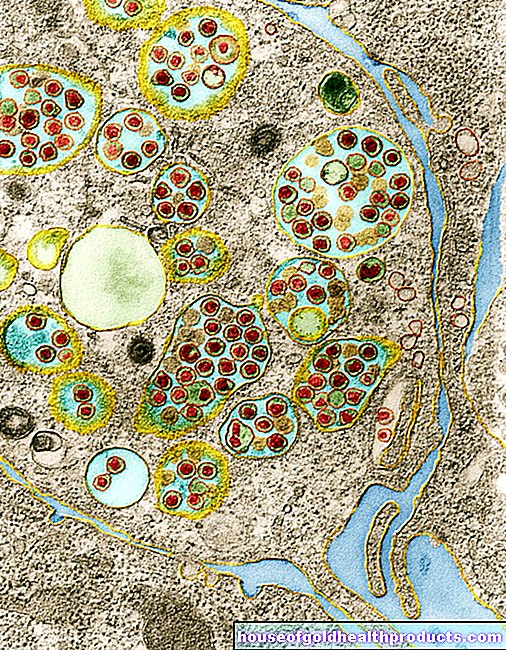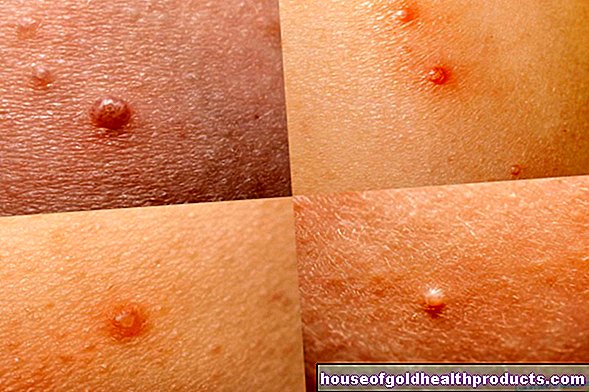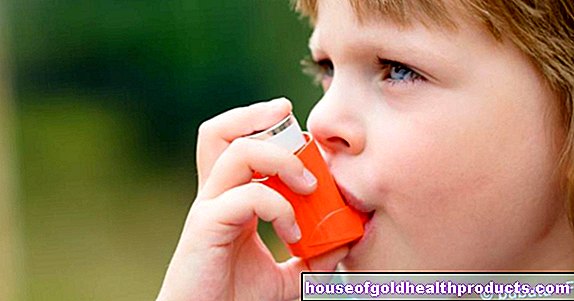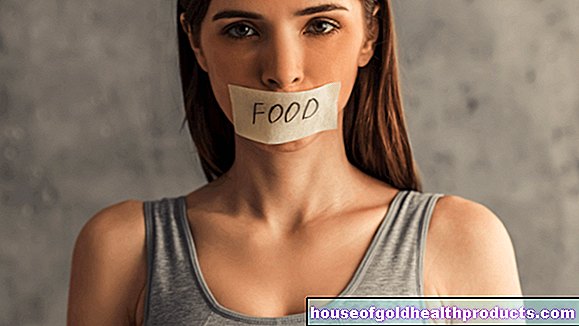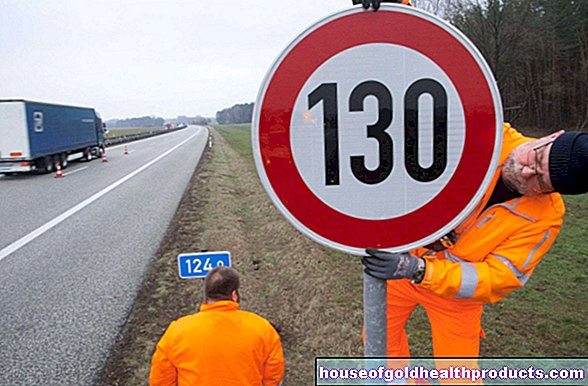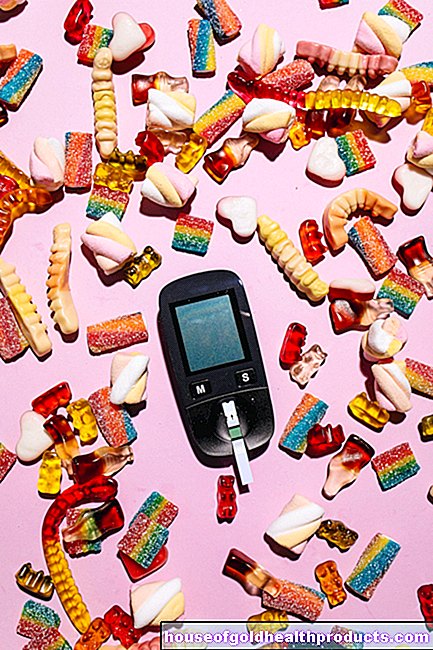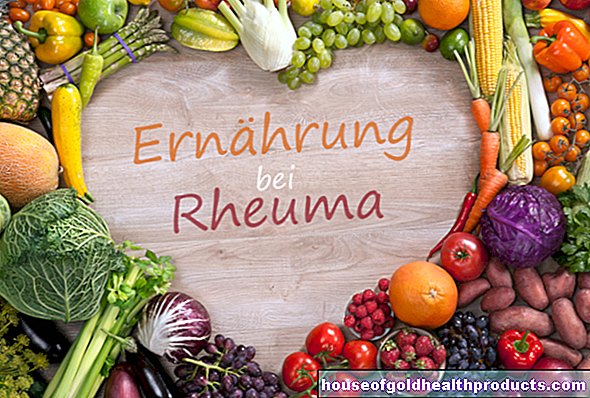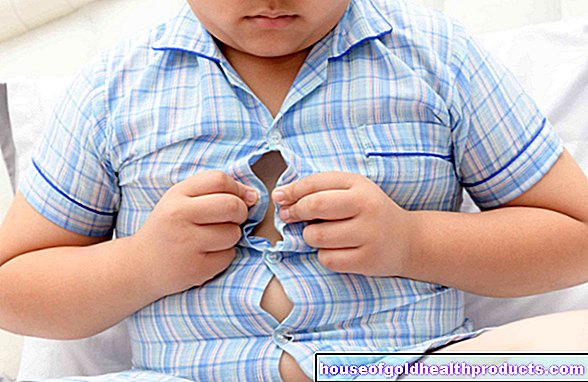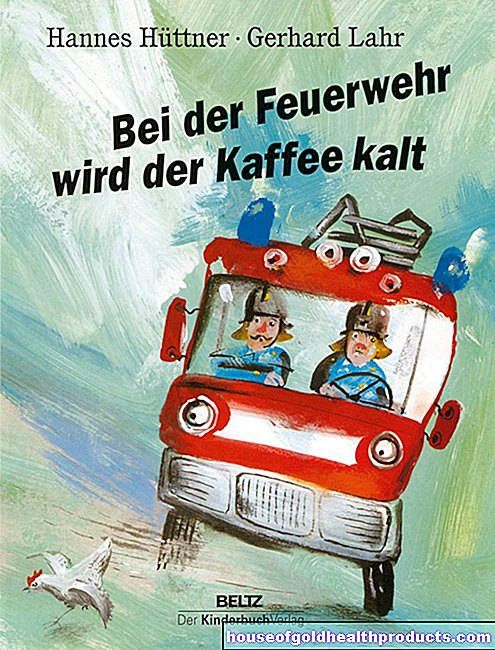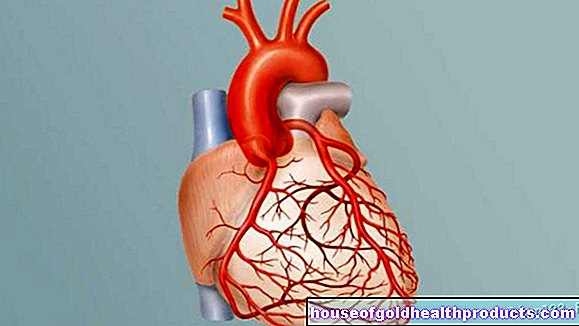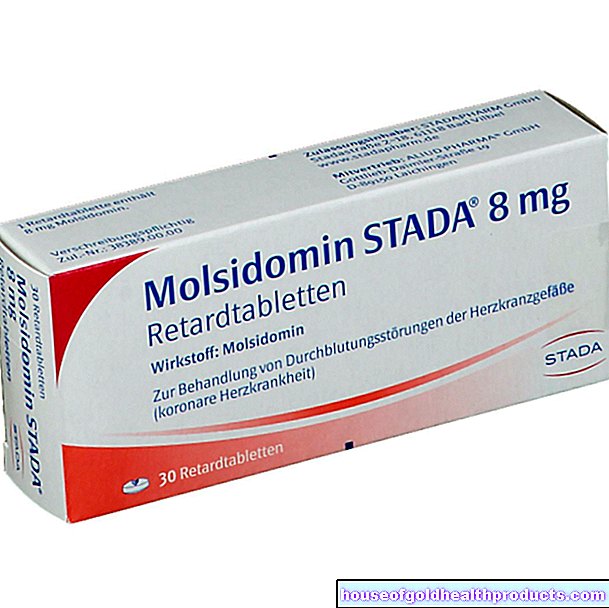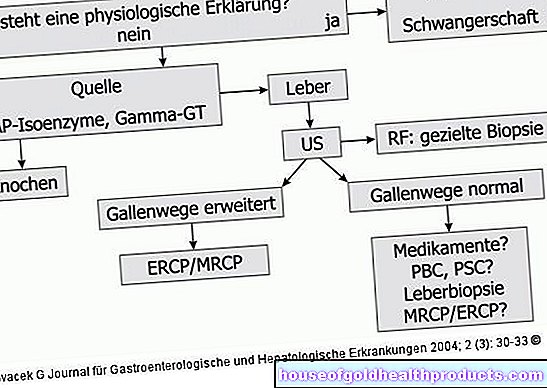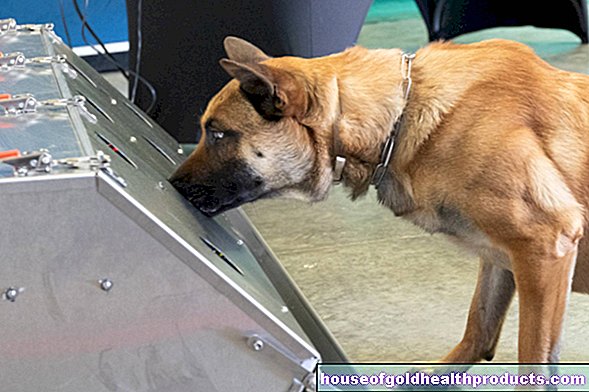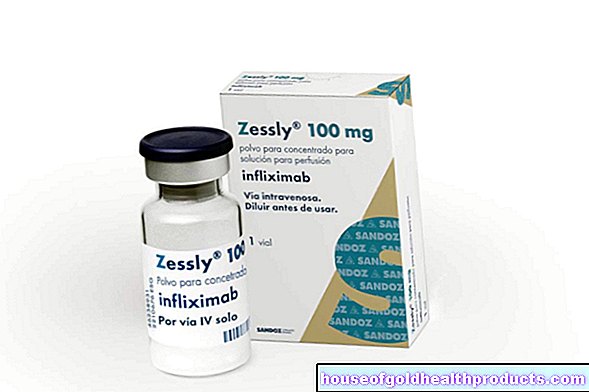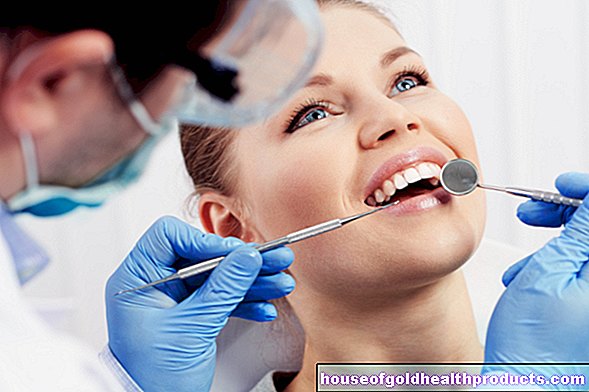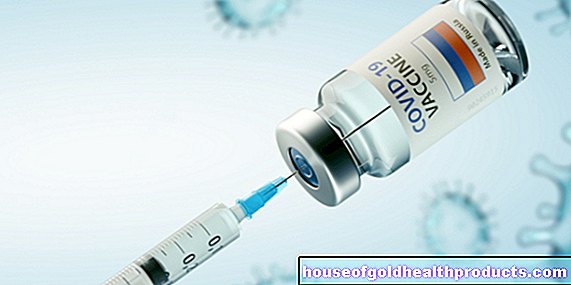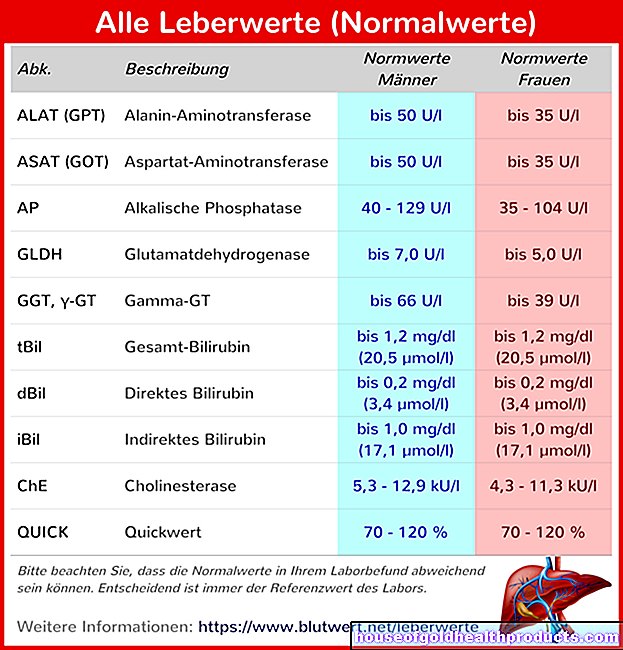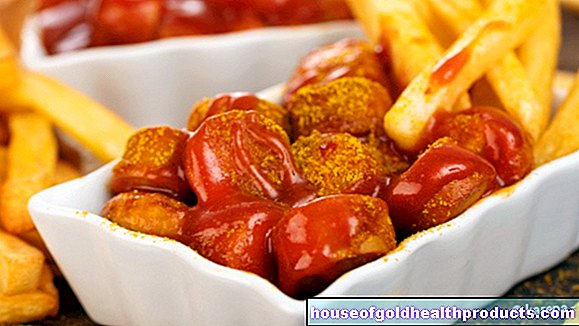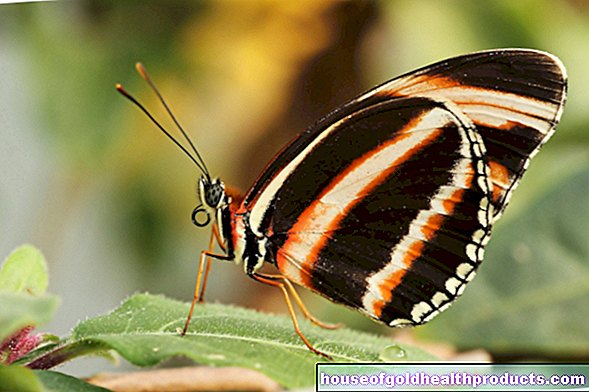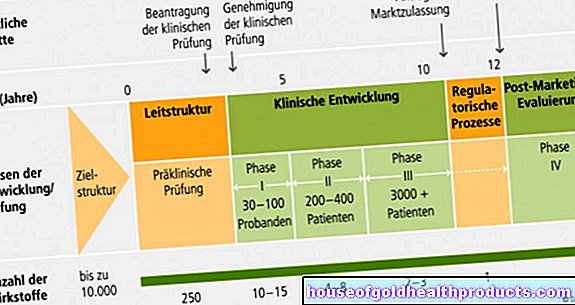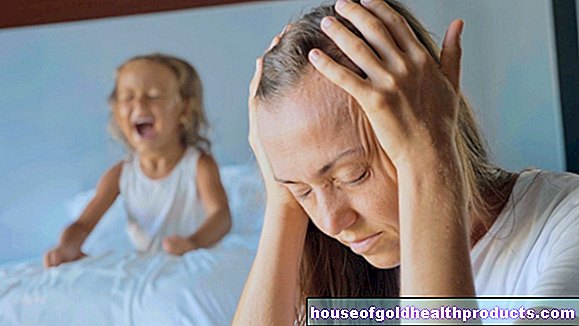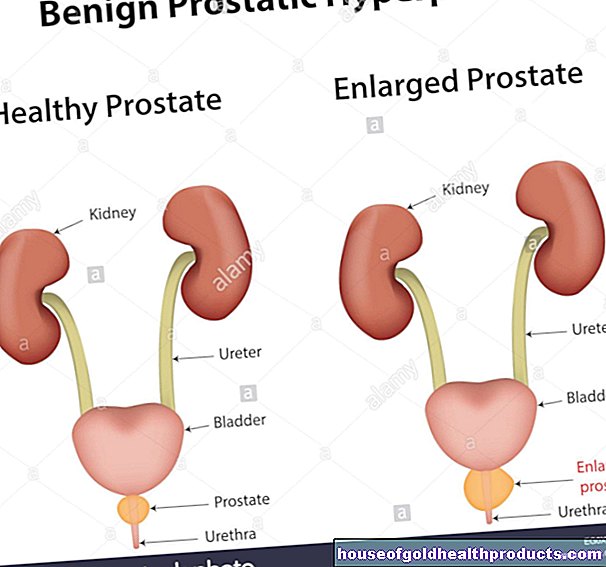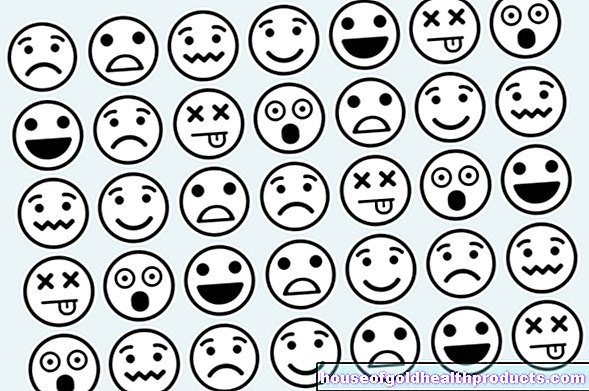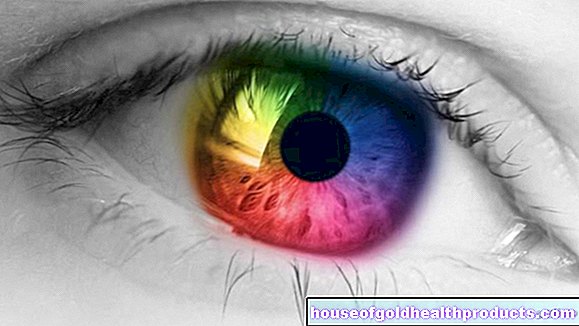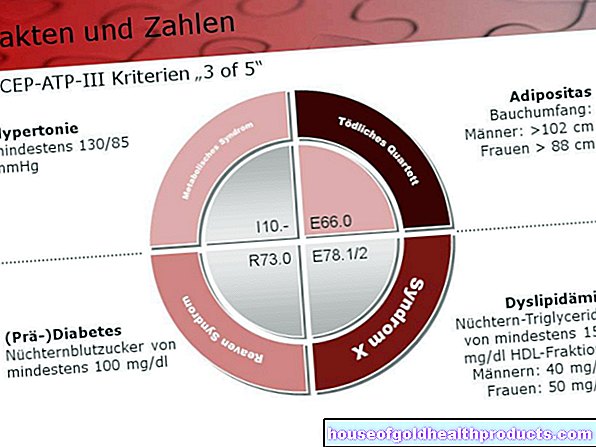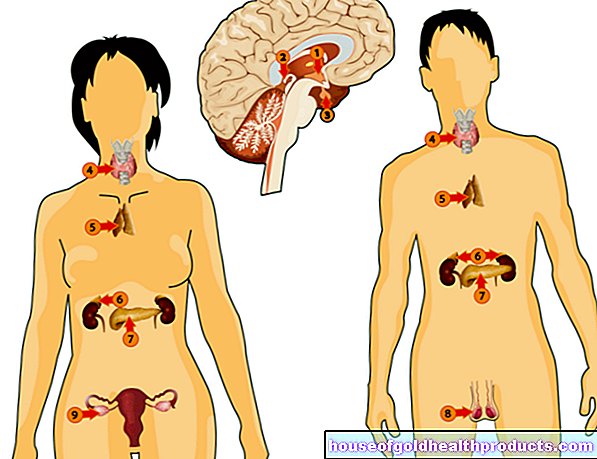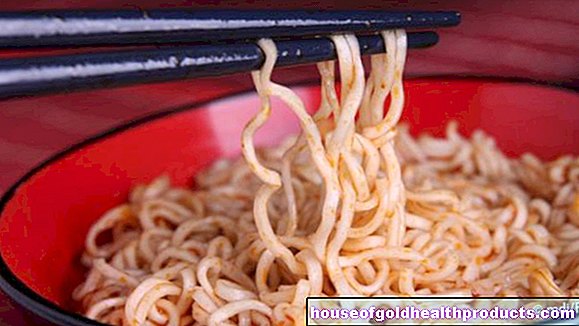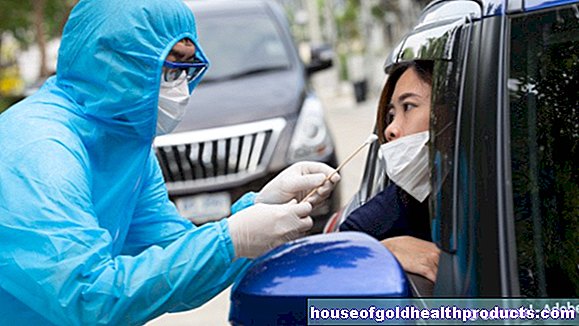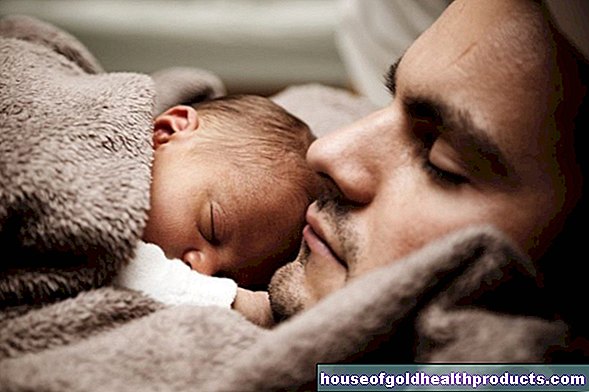"There is no such thing as absolute security with cancer"
All content is checked by medical journalists.What do salami and asbestos have in common? The World Health Organization (WHO) classifies both as carcinogenic. Now many are unsure: How at risk am I? Should I still eat meat at all? Prof. Heiner Boeing, epidemiologist at the German Institute for Nutritional Research, gives the answer.
Prof. Dr. Heiner Boeing
Prof. Dr. Heiner Boeing is head of the epidemiology department at the German Institute for Nutrition Research Potsdam-Rehbrücke.
Prof. Boeing, the World Health Organization has sounded the alarm: Sausage and ham are carcinogenic for humans. From now on they are in the same and at the same time highest risk class as asbestos and tobacco smoke. Was that foreseeable?
The realization that high meat consumption increases the risk of colon cancer is not new. Now the WHO has only come to the conclusion based on a large number of data that processed meat products belong to risk class 1 with regard to their carcinogenic effect.
However, sausage and ham are not the only foods that have been placed in this group - and they probably won't be the last either. Alcohol is one of them. And of course there are also many substances in this class that are many times more dangerous than sausage - the much-cited asbestos, for example, but also cigarettes.
Even 50 grams of processed meat per day are said to increase the risk of colon cancer by 18 percent - that's just one wiener sausage. What does that mean in concrete terms?
Colon cancer is rather rare compared to other diseases such as type 2 diabetes or cardiovascular diseases. Nevertheless, there is a certain basic risk for each of us of developing colon cancer in our lifetime - it is around six percent. For people who eat 70 grams of sausage a day, this risk is 18 percent higher compared to those who only eat 20 grams of cold cuts a day. But that's not much in absolute terms.
What amounts of salami, ham and sausages can you safely eat every day?
There is no specific threshold value, which is why the question cannot be answered across the board. In any case, life is full of risks - which is why it makes little sense to worry about whether your risk starts at 10, 20 or the usual 70 to 80 grams of sausage per day.
However, everyone can reduce their personal risk of colon cancer by consuming less processed meat. And if people were to eat less meat overall, colon cancer would become less common. Because regardless of whether it is cigarettes or sausages - the risk of cancer is always a question of the amount.
"Cancer risk" - what does that actually mean?
Depending on lifestyle and disposition, each person has an individual risk of developing colon cancer, for example. Physical activity and a high-fiber diet lower it, while obesity, diabetes or colon cancer in close family members increase it.
However, even an individually high risk does not mean that someone will actually become ill. There are people who smoke 40 cigarettes a day and still never get lung cancer. On the other hand, people can also get sick if their risk is very low. There is no such thing as absolute security.
Can someone who has eaten a lot of processed meat for decades get their risk back to normal?
If you change your diet, the risk of colon cancer decreases again - if not immediately. It can take a good 15 to 20 years before it is significantly lower again. However, whether everything is really reversible is of course questionable. Still, it's worth it!
Will the WHO rating affect consumer consumption in the long term or will everyone soon continue as before?
How society will deal with it, i.e. whether people will eat less meat in the future or everything will remain as before, is not yet foreseeable. Alcohol is also critical, but it is so firmly anchored in society that the supermarkets and bars are full of it. In addition, nutrition also means enjoyment and culture. This also applies to the sausages on the grill and the roast pork on the weekend. Why should people just give this up?
Not only meat, but also fish and even fruit and vegetables are potentially carcinogenic if they are contaminated with mercury or pesticides. What is it still safe to eat these days?
Just because vegetables and fish are partially contaminated does not mean that our risk of cancer increases if we eat a lot of them - on the contrary, it decreases! My advice: take it easy and take to heart what the researchers of the review study under discussion have said themselves: "There is no cause for concern". If you have an appetite for a currywurst, you should eat it - just like you go to the beer garden in summer and drink a beer. It shouldn't be too much.
Tags: book tip home remedies skin